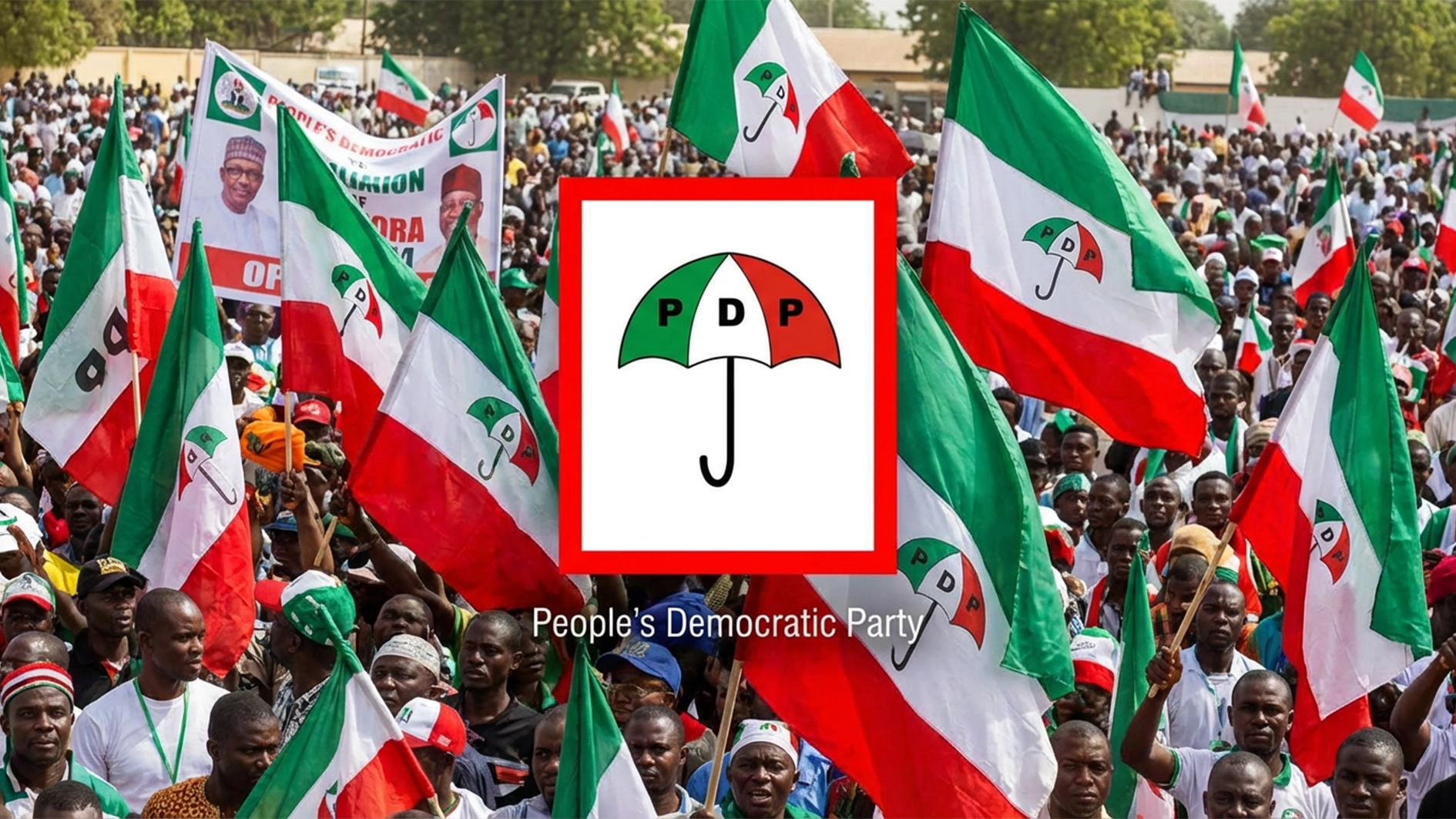The Supreme Court’s verdict on the optional use of electronic transmission of results has deflated hope of technology-driven credible elections, yet it is incumbent on the umpire to restore that optimism by automating the process at the next set of outings as once again promised, KEHINDE OLATUNJI writes.

Apparently putting it money where its mouth is, INEC had budgeted N117 billion on electoral technologies in line with its decision to deploy the Bimodal Voter Accreditation System (BVAS) and the IReV in the 2023 elections. The amount represents 33.4 per cent of its N305 billion budget for the polls, according to the INEC Election Project Plan for the 2023 polls obtained by The Guardian.
INEC Chairman, Mahmood Yakubu, had also prior to the election said there was no going back on the Commission’s vow to use technology, including BVAS and IReV.
But to the dismay of Nigerians, results of the presidential election were not transmitted electronically, and this was part of the petitions presented by the opposition parties at the PEPT.
The judgments of the PEPT and Supreme Court, where President Bola Tinubu was reaffirmed as the winner of the February 25 presidential poll made it clear that INEC under no obligation to transmit results electronically, citing the 2022 Electoral Act. The Supreme Court held that IReV is not a collation centre and also affirmed PEPT decision that the only technological device that was mandatory for the INEC to use for the election is the BVAS.
To many political observers, the Supreme Court’s pronouncement on IReV was at variance with INEC’s promises before the elections that technology would be deployed.
While some opined that the pronouncement was a setback on the gains Nigeria has made in democratic elections, despite the huge resources on the technology, others expressed doubts on the credibility of November 11 governorship elections holding in Kogi, Imo and Bayelsa states.
But will the electoral umpire prove them right or wrong?
Speaking with The Guardian, National Publicity Secretary of the Youth Party (YP), Ayodele Adio, said the implication of having an election with IReV as optional would damage the confidence that people have in the electoral process.
According to him, there is likely going to be voter apathy in the coming gubernatorial polls in Kogi, Imo and Bayelsa states, adding that this further puts democracy in retreat. He stressed that declaring the use of IReV as optional has created a trust deficit in the electoral process.
Adio said stakeholders in the next month’s election should brace up to be vigilant and device method of recording the process to counter any funny game by the INEC at the tribunal, urging Nigerians to stand up to question the National Assembly (NASS) for appropriating such a huge amount for a process that was totally redundant and which it didn’t make mandatory in the Electoral Act.
“The IReV controversy has injured the confidence of many Nigerians in the transparency of our electoral process. Many first time voters who placed their hope on the transparency of INEC, especially because of the IReV, have not only been left greatly disappointed with the outcome and now have doubts about the transparency of future elections,” he said.
According to him, if we allow a situation where the majority of registered or eligible voters stay away from the electoral process, then we will be electing public officers without proper legitimacy and this could ultimately harm our democracy.
The founder of the 40 Million Ballots Movement, an Obi support group, Kennedy Iyere, said electronic transmission of results is inevitable in the forthcoming governorship polls in Imo, Kogi, and Bayelsa states. He maintained that there was a need for the votes of the people to count, saying enough of huge funds being wasted on post-election legal cases. Iyere said it was saddening that what INEC said was needed to restore the confidence of the people was not available.
“Being able to conduct an election where the winner wins convincingly, and the loser loses beyond doubt is the only way to avert violence.
“Do you know what electronic transmission would have done for us as a nation? It would have taken us away from the era of do or die politics, where people will end up being killed, blood shed recklessly because people just desperately want to win.”
“Nobody should say that electronic transmission of results is not compulsory. It is compulsory and mandatory, because we can’t go back to those dark ages when the blood of innocent Nigerians was the way corrupt politicians rigged themselves into power.”
Speaking with The Guardian, Associate Professor of Political Science, Lead City University, Dr Tunde Oseni, said the fact that the court had left the use of IReV at the discretion of INEC is not an excuse for failure on the part of the electoral body to properly collate legitimate votes and return them.
According to him, the reason for the law is not to cage or de-legitimise votes, noting that even when technology is not possible, an analogue approach should reflect the wishes of the people. He said since the police, political parties, voters, contestants are also involved in the election; all hands must be on deck to ensure a credible poll in the coming off-season election.
“After all, IReV itself is a technological tool; there is a saying, garbage in, garbage out. It is what you put into IReV that it will transmit to the collation centre. For me, declaring that using IReV is at the discretion of INEC is not an excuse for failure.
“With or without IReV, results are declared at each polling unit and there are party agents. In the forthcoming off-season election, efforts should be made by both the electorate and politicians to know and follow up results recorded at the polling units, to the collation centres because at the end of the day it is not just what you transmit electronically that matters, it is actually what is collated and tabulated at the polling unit that will be transferred whether you use IReV or not.
“I think it is okay to give INEC a free hand and do what works best for them. But, if we insist on using a particular method, it means that you are going to be caging the electoral umpire but it is important on the part of INEC to be sincere, including its officials, management board and those in charge of electoral administrations in Nigeria.”
He urged Nigerians to support and trust INEC to deliver a credible election during the off-cycle election in November, noting that expressing doubts even before the election would create suspicion and non-acceptance of the outcome in good faith. Oseni said next month’s election would serve as a litmus test for the umpire and also validate its independence and effectiveness.
“The coming election would determine the independence, effectiveness, and efficiency of INEC. Like every other human organisation, INEC has its flaws particularly because the job it does is kind of emotional because of divergent interests there are bound to be power tussles and tensions will be high.”
Also, a lecturer at Olabisi Onabanjo University (OOU), Dr Abang Sunday, stressed the need for concise clarification from INEC, given that some states in the federation would be going to the polls for election of governors next month.
“What is the true role of the IReV portal in the election process, as a viewing portal or can it be used for results collation? I believe that such a step would make for greater transparency.
“Looking back at the glowing promises of INEC prior to the elections too, it further made us ask whether that was the position of INEC when it was presented for passage.”
However, INEC, has again assured that it will deploy IReV at the governorship elections holding next month in Bayelsa, Imo, and Kogi states. Responding to questions from The Guardian on the electoral body’s preparation for the next month’s off-season election, spokesperson to the INEC chairman, Rotimi Oyekanmi said: “INEC will, barring any unforeseen circumstances, deploy its result viewing portal (IReV) for the Bayelsa, Kogi and Imo state governorship elections.
“BVAS will also be deployed. The BVAS machines that will be attached to every polling unit will be used for the accreditation of every voter through either fingerprint or facial authentication before such a voter is allowed to vote.
“Every BVAS machine will contain the details of all the registered voters of the particular polling unit to which it is deployed or attached. “Thereafter, after the close of poll, counting of votes, declaration of results and the recording of the votes in the Form EC8A, the BVAS will be used to take a picture of the result and, all things being equal, upload it to the IReV.
“This is not the same as electronic voting or electronic collation of results. The BVAS is neither a gadget for electronic voting nor electronic collation of results.
“On the other hand, the IReV does what a scoreboard in a stadium does during a football match: it simply displays the polling unit results it receives from the BVAS machines in real time. It does not collate election results.”






